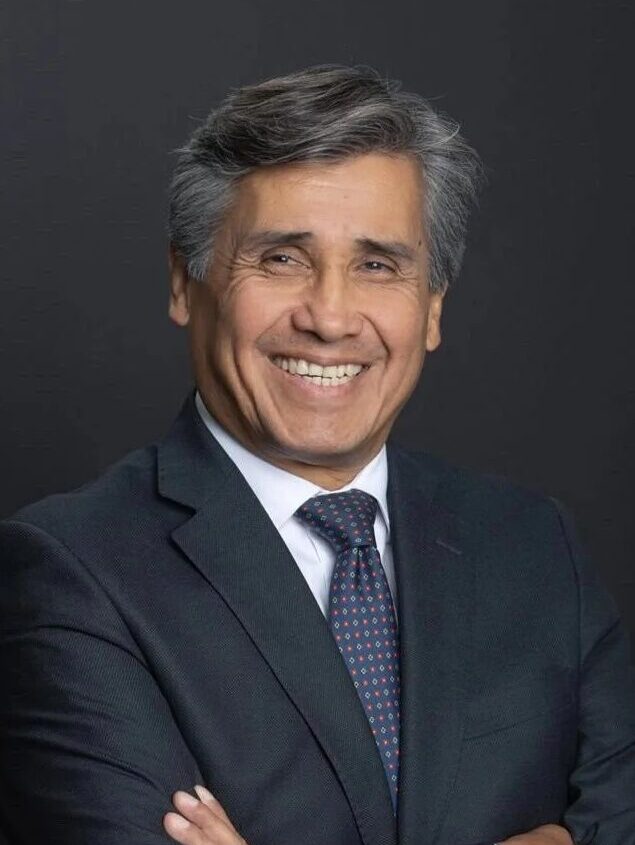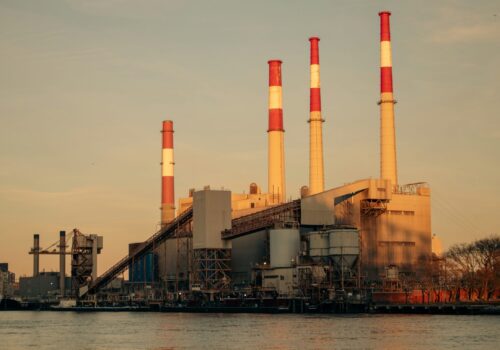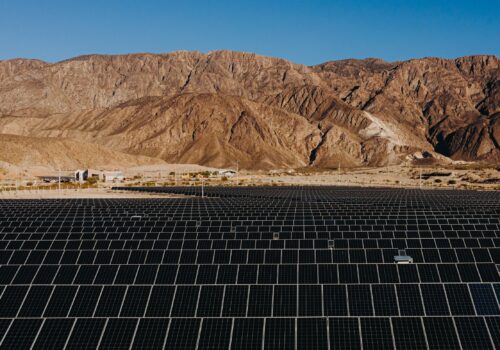Forging North America’s energy advantage: Mexico’s pivotal role
Bottom lines up front
- Mexico, the United States, and Canada have each shifted their energy agendas to emphasize national interests over multilateral coordination.
- Beneath surface-level tensions, however, their respective strategic priorities are in alignment, presenting an opportunity to enhance collaboration on energy market integration.
- Within this trilateral relationship, Mexico’s role in particular could lean into its domestic priorities to expand energy infrastructure, strengthen its electric vehicle and semiconductor sectors, and develop its mineral wealth.
North America stands at a pivotal juncture as the United States, Canada, and Mexico navigate shifting policy priorities around economic and industrial sovereignty in the energy sector. At the same time, North America boasts an abundance of energy resources in both production and manufacturing capacity. With a solid trilateral trade foundation already in place, Mexico can play a unique role in bolstering regional security resilience through deeper coordination on cross-border supply chains, manufacturing, and energy trade.
Strategic integration of regional energy resources will be critical to realizing North America’s full potential as an energy powerhouse. With its expanding natural gas sector, growing LNG export capacity, and increasing integration and leadership into advanced manufacturing sectors such as semiconductors and electric vehicles, Mexico can strengthen North America’s energy resilience and competitiveness. Enhanced cross-border cooperation on energy infrastructure, supply chains, and technology transfer would drive local energy stability while lowering regional costs and stabilizing the grid.
As global energy value chains become more concentrated and China continues to dominate them, North American energy security takes on a renewed importance. The upcoming United States-Mexico-Canada Agreement (USMCA) review offers an opportunity to advance policy coordination, align industrial strategy, and build out more integrated energy markets, securing North America’s collective position as a global energy powerhouse.
view the full issue brief
about the authors

Juan José Gómez-Camacho is a member of the board of directors of Citibank Mexico and the Board of Trustees of the Migration Policy Institute. He provides strategic advice to companies investing and operating in North America, particularly in light of the current political and economic climate.
Additionally, he is a professor and senior fellow at the Johns Hopkins University School of Advanced International Studies, where he teaches and lectures on global challenges and North American affairs.

Liliana Diaz is a nonresident senior fellow with the Atlantic Council Global Energy Center. She is also an adjunct professor of energy, climate policy, and markets in the Americas at the Paul H. Nitze School of Advanced International Studies at Johns Hopkins University, a lecturer at leading energy industry conferences, and a contributor to journals on the development of energy sources and markets, as well as clean technologies and innovation.
stay updated
related content
explore the program

The Global Energy Center develops and promotes pragmatic and nonpartisan policy solutions designed to advance global energy security, enhance economic opportunity, and accelerate pathways to net-zero emissions.
Image: A drone view of a drilling rig south of Midland, Texas, US June 11, 2025. REUTERS/Eli Hartman


